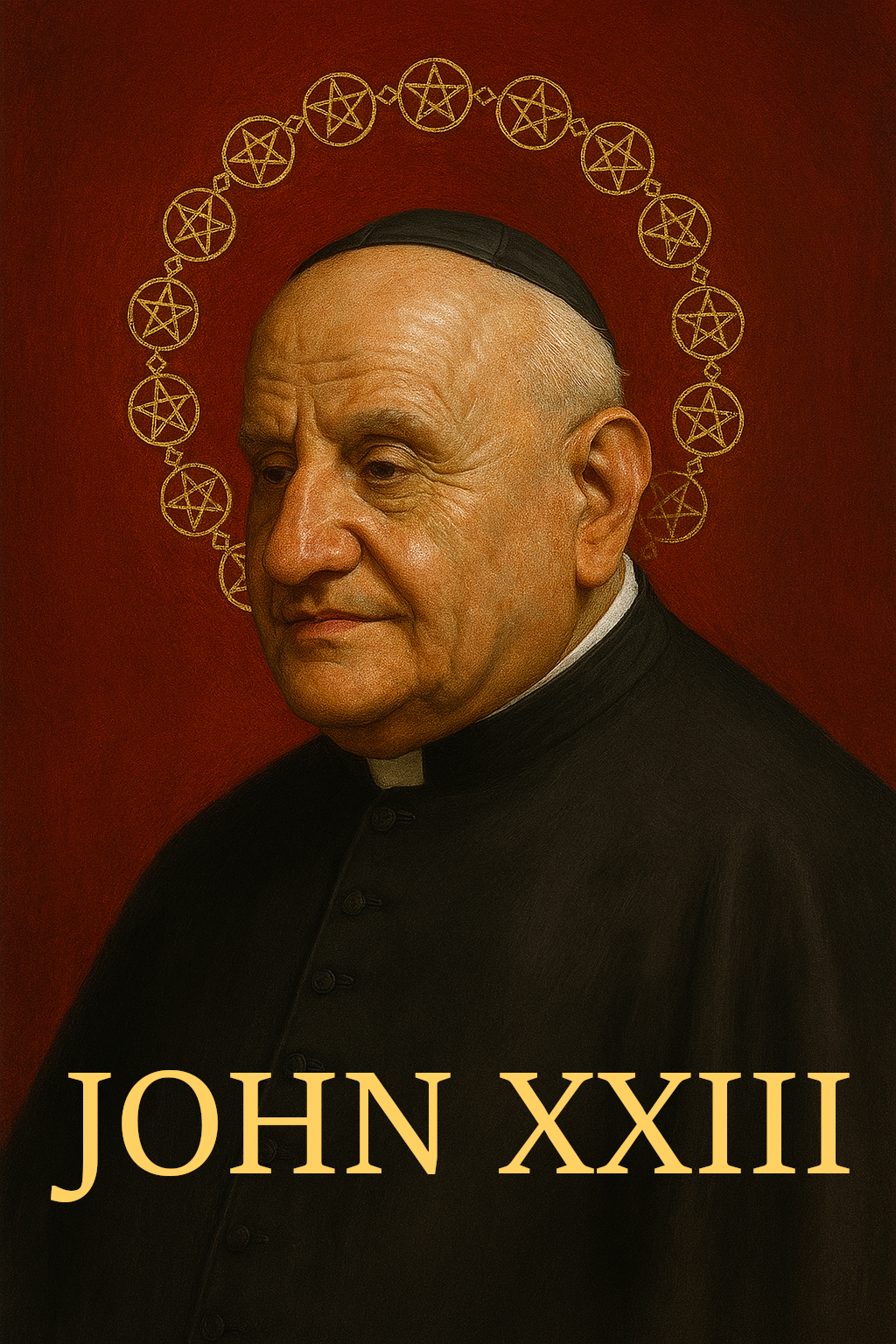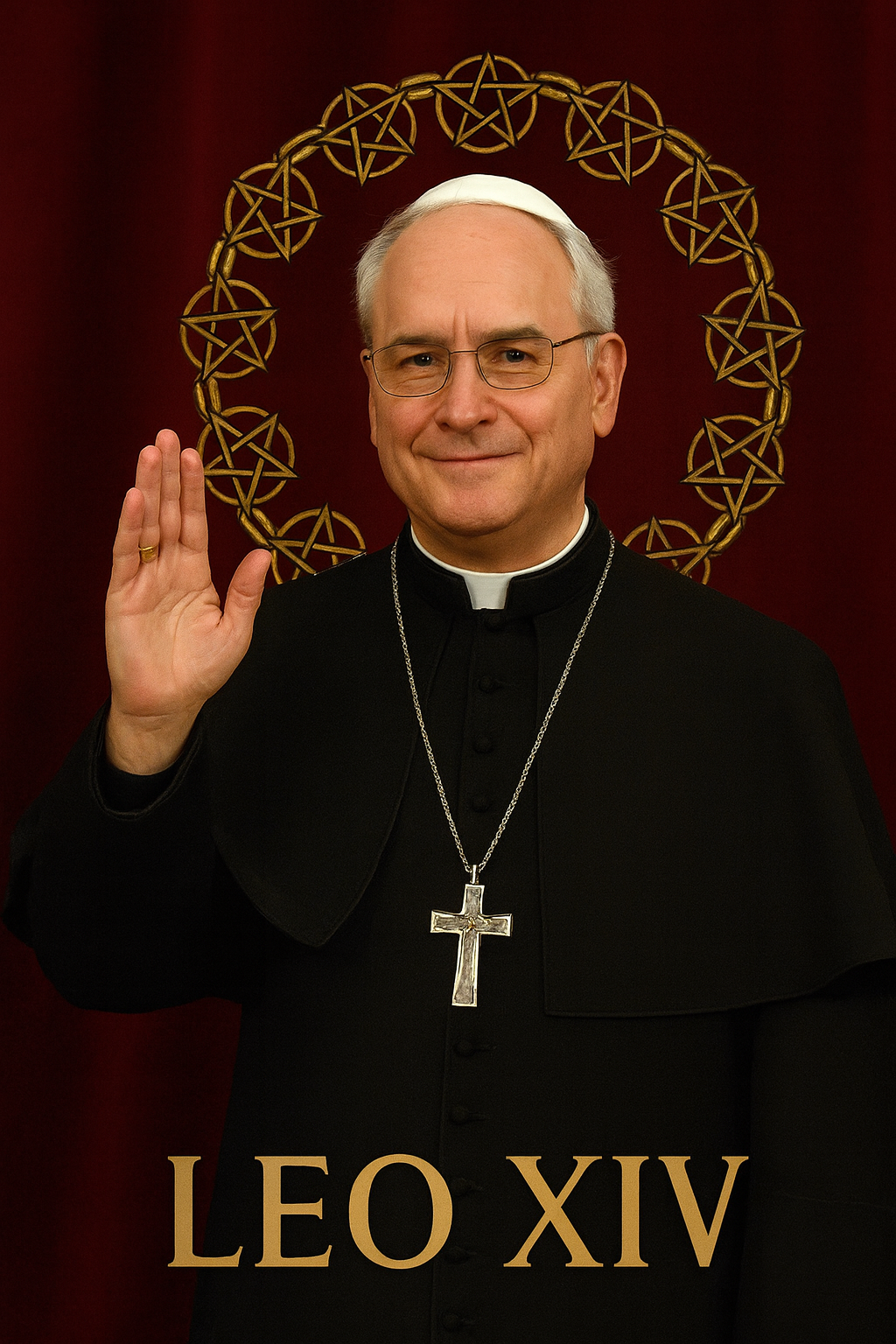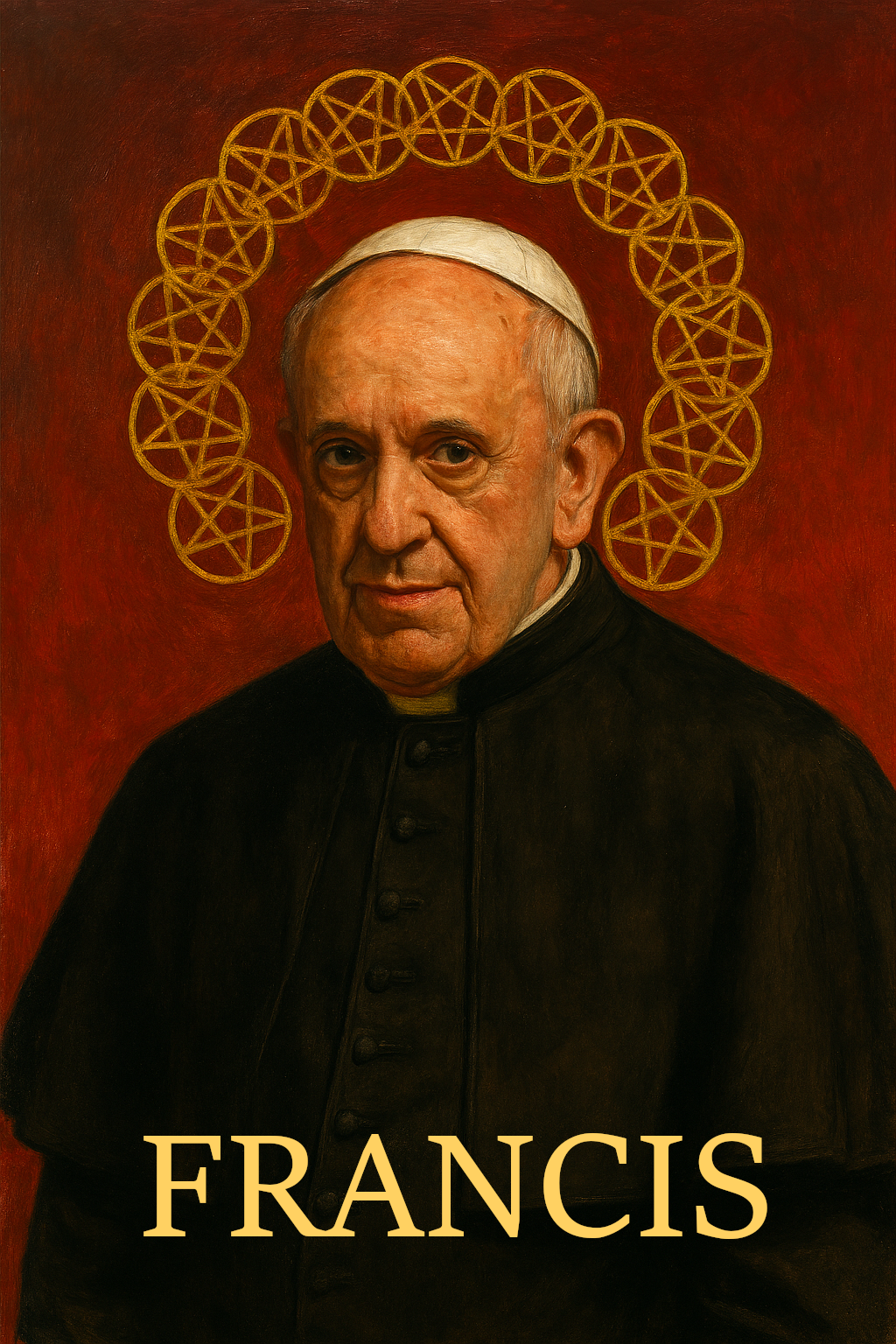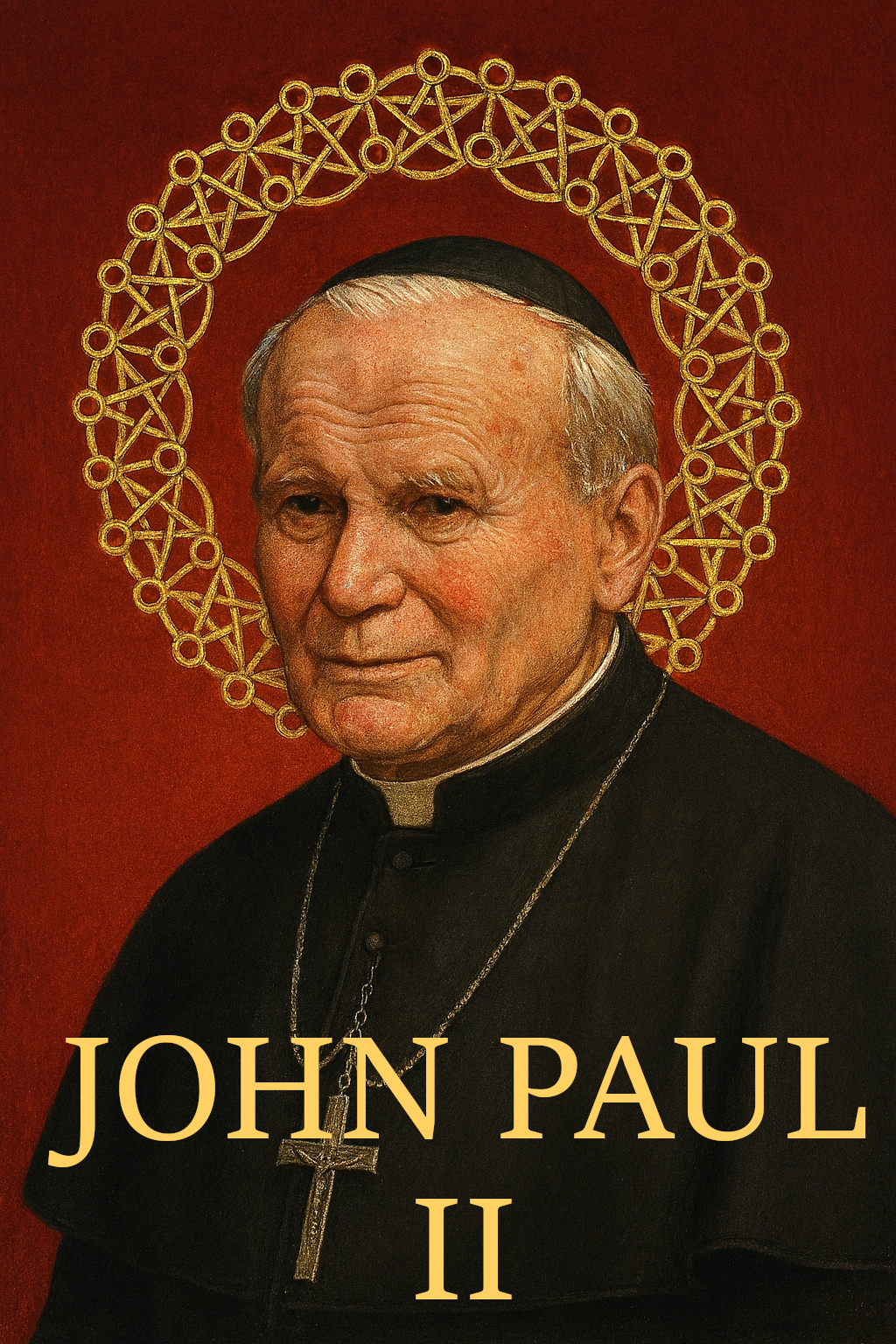Antipopes of the Antichurch



















Timeline of this heretical pontiff
Encyclical Letters
+ 15 posts1959
+ 7 posts1961
+ 4 posts1962
+ 2 posts1963
+ 2 postsApostolic Exhortations
+ 3 postsApostolic Constitutions
+ 93 posts1958
+ 6 posts1959
+ 87 postsMotu Proprio
+ 15 posts1958
+ 1 posts1959
+ 1 posts1962
+ 11 postsApostolic Letters
+ 151 posts1958
+ 4 posts1959
+ 63 posts1960
+ 78 posts1961
+ 1 posts1962
+ 4 posts1963
+ 1 postsSpeeches
+ 99 posts1958
+ 2 posts1959
+ 26 posts1960
+ 29 posts1961
+ 16 posts1962
+ 24 postsMessages
+ 6 posts1959
+ 4 postsHomilies
+ 4 postsLetters
+ 152 posts1958
+ 1 posts1959
+ 48 posts1960
+ 32 posts1961
+ 31 posts1962
+ 30 posts1963
+ 10 postsNot categorized
+ 1 posts1958
+ 1 postsNews feed


Si summo (1959.08.25)
Dated 25 August 1959, this Latin letter of John XXIII to Alfredo Card. Ottaviani appoints him as papal legate for the centenary celebrations of the establishment of the hierarchy in Canada, extols the divine benefits granted through the erection of the Canadian hierarchy, praises Laval and the missionary ancestors, urges the Canadian bishops and faithful to preserve pure doctrine, defend against errors, and proclaim Christ even amid materialism, and grants a plenary indulgence and apostolic blessing to those participating in the solemnities. Behind this apparently edifying façade lies the quiet programmatic preparation of the conciliar revolution, the instrumentalization of a once-Catholic hierarchy for an already planned neo-church, and the pious camouflage of an emerging apostasy.


Non excidit (1959.08.20)
Pseudopontiff John XXIII’s brief Latin letter “Non excidit” (20 August 1959) appoints Ferdinand Antonelli (Cardinal Cento) as legate to the National Eucharistic Congress in Argentina (Cordoba in Tucumán), recalls with sentimental emphasis the 1934 International Eucharistic Congress in Buenos Aires presided over by Eugenio Pacelli, praises the organizational zeal of bishops and laity, and warmly commends the collaboration of the Argentine civil authorities, linking it to a century of diplomatic relations with the Holy See. It presents the Congress as a moment for promoting devotion to the Eucharist, peace, and harmony between Church and State. In reality, this smooth, pious-sounding text is a programmatic piece of conciliar diplomacy: a calculated substitution of supernatural Catholic faith and the reign of Christ the King with a saccharine cult of events, national sentiment, and political concord, preparatory to the full-blown conciliar revolution.


Catana urbs (1959.08.02)
Catana, a city marked by ancient martyrdom and chosen in 1959 as the site of a nationwide Eucharistic gathering, is presented in this letter of John XXIII as a fitting stage for solemn eucharistic homage, entrusted to Cardinal Marcello Mimmi as papal legate, with the stated aim that the faithful may ever more fervently venerate the Blessed Sacrament, grow in unity and peace, and draw spiritual and even civil benefits from the event. The entire text, while outwardly pious, functions as a refined exercise in liturgical propaganda for the emerging conciliar revolution, evacuating the Eucharistic mystery of its propitiatory and sacrificial character, subjugating it to horizontal pacifism and national sentiment, and thus preparing the faithful for the neo-church of anthropocentric ceremonialism.


A A A LA IOANNES PP. XXIII (1959.06.24)
This Latin letter of John XXIII to Cardinal Alfonso Castaldo on the 25th anniversary of his episcopal ordination is an ornate panegyric: it praises his pastoral zeal in Pozzuoli and Naples, exalts his works for parishes, clergy, youth, and charitable institutions, grants him the faculty to impart the “papal blessing” with plenary indulgence on the jubilee celebration, and wraps everything in the rhetoric of “good shepherd” and apostolic fruitfulness. Behind its devout vocabulary, the text reveals the early consolidation of a new, horizontal, sentimental, and bureaucratic ecclesial mentality in which episcopal office is measured by sociological efficiency and public recognition rather than uncompromising guardianship of the deposit of faith and the rights of Christ the King; it is thus an edifying mask covering the nascent conciliar apostasy that John XXIII was already preparing.
Varia
Announcement:
– News feed –implemented
– Antipopes separate web sites with their all documents refutation – in progress
